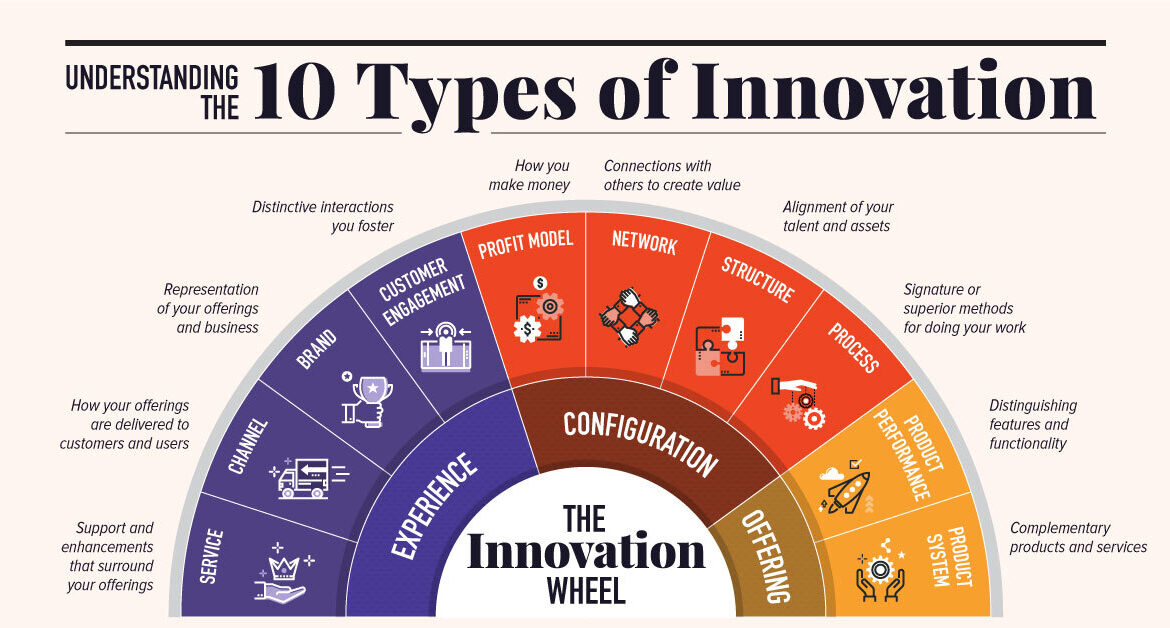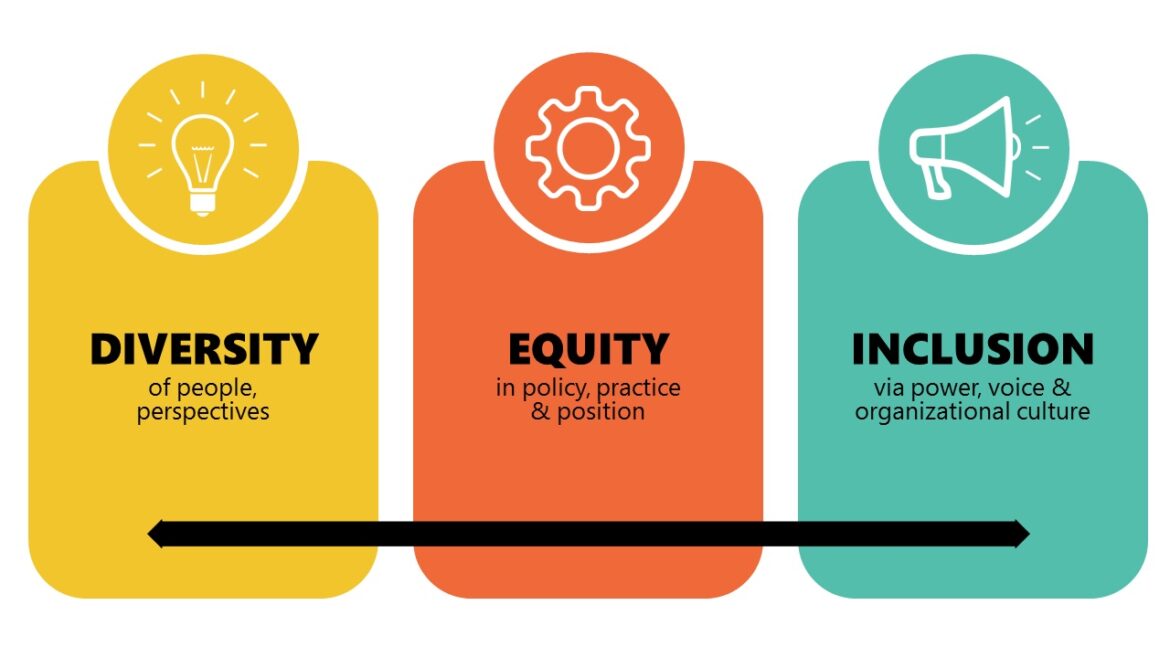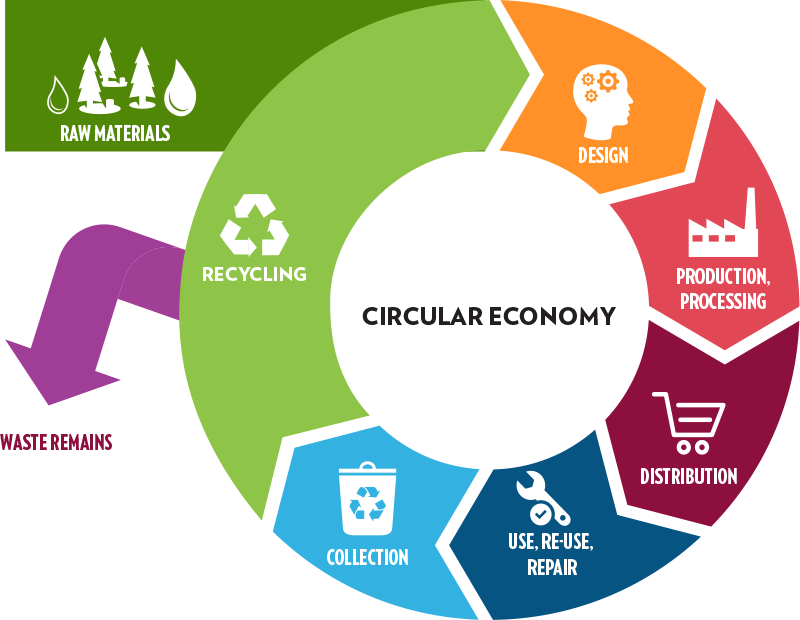Growing Together with Your Startup: Nurturing Success Every Step of the Way
Growing Together with Your Startup: Nurturing Success Every Step of the Way https://theraise.eu/wp-content/uploads/2023/11/6293b5e4fa42ae93c710ac2b_growth-chart2-small-1024x587.jpeg 1024 587 RAISE fosters startup growth and scale-up within and across Europe https://theraise.eu/wp-content/uploads/2023/11/6293b5e4fa42ae93c710ac2b_growth-chart2-small-1024x587.jpegEmbarking on the journey of a startup is like planting a seed and watching it grow into a thriving tree. The process is not just about building a business; it’s about personal and professional growth, learning, and adapting. Let’s explore the exciting adventure of growing together with your startup.
Planting the Seed: The Startup Genesis
Starting a business is akin to planting a seed in the fertile soil of possibility. You begin with an idea, a passion, and a vision for the future. The early days are filled with enthusiasm, hard work, and a touch of uncertainty. It’s a time of laying the groundwork for what will become a significant part of your life.
Nurturing Growth: Learning from Challenges
As your startup takes root, you’ll encounter challenges – unpredictable weather in the form of market changes, financial storms, and the occasional drought of setbacks. Embrace these challenges as opportunities for growth. Just as a tree strengthens its roots in response to the wind, your startup can become more resilient with each obstacle faced.
Branching Out: Building a Team
No tree stands tall alone, and similarly, your startup needs a supportive team. As your business grows, so does the need for skilled individuals who share your vision. Building a team is not just about hiring; it’s about finding people who complement your strengths, challenge your ideas, and contribute to the overall growth of the company.
Blooming Success: Celebrating Milestones
Every milestone achieved, no matter how small, is a blossom in the garden of your startup journey. Celebrate these victories – the first client, a successful product launch, or reaching a financial goal. These moments of success are not just business achievements; they are personal triumphs and indicators that your startup is flourishing.
Pruning for Progress: Adapting and Improving
Just as a gardener prunes a tree to encourage new growth, your startup may require occasional trimming. Be open to reassessing strategies, refining processes, and letting go of what no longer serves the overall vision. This constant process of adaptation ensures that your business stays relevant and continues to thrive in a changing environment.
Harvesting the Fruits: Reaping Rewards
After years of dedication, perseverance, and growth, your startup will reach a point where you can savor the fruits of your labor. This could be financial success, a positive impact on your community, or simply the fulfillment of seeing your initial idea come to fruition. The harvest is a reminder of the journey’s value and the collective effort put into nurturing your startup.
Growing Together: A Continuous Cycle
The beauty of growing with your startup lies in the cyclical nature of the process. As you reach one summit, new horizons and challenges emerge, initiating a fresh cycle of growth. It’s an ongoing journey of learning, adapting, and thriving – not just for your business but for yourself as an entrepreneur.
Growing together with your startup is a transformative experience. From the initial seedling of an idea to the flourishing tree of success, the journey is marked by resilience, collaboration, and continuous learning. Embrace the adventure, celebrate the milestones, and savor the fruits of your labor as you cultivate a thriving business and a fulfilling entrepreneurial life.
Photo via Blueberry Pediatrics












